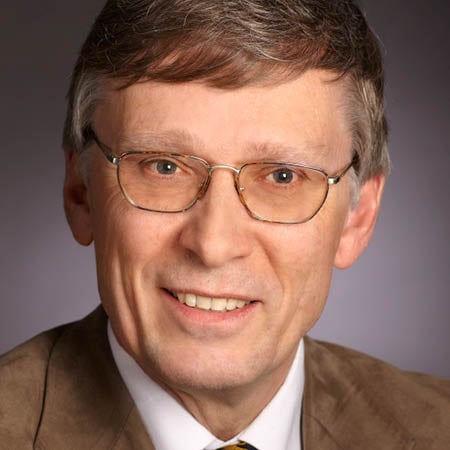Since its establishment in 1984, VEKS has been utilising and distributing surplus heat from combined heat and power (CHP) plants and waste incineration plants. The not-for-profit regional district heating transmission company is owned by 12 municipalities and serves the needs of approximately 350,000 taxpayers in the Copenhagen and wider Denmark region.
VEKS has a strong focus on sustainability and is proud to have significantly reduced carbon dioxide (CO2), sulphur and nitrogen emissions in the community through its work. The majority of energy it is supplied with comes from the Avedøre CHP Plant and other CHP plants in Copenhagen, as well as the waste incineration plants KARA/NOVEREN and Vestforbrænding. In recent years, VEKS has expanded its operations from being strictly a district heating transmission company to include production of power, and heat and distribution heat activities.
CEO Lars Gullev has been in the energy sector for more than 30 years and has been leading VEKS since the late 90s. He has seen the industry change and evolve over time to become ever more focused on sustainable energy production.
VEKS is working with the industrial and agricultural sectors to establish a biogas plant using 100-per-cent renewable energy. Located in the Solrød municipality of Denmark, the facilitynamed Solrød Biogas Plant and owned by the municipality of Solrødwill be powered by raw materials seaweed from beach cleaning, residues from the production of pectin courtesy of the company CP Kelco, industrial biomass, and animal manure.
The plant is designed to hold a raw-material capacity of 200,000 tonnes and the produced biogas will be used in a large gas engineowned by VEKSto produce power and heat. The power will then be sold to the electricity grid and the heat will be used by VEKS in the comprehensive district heating system.
The Solrød Biogas Plant will go into operation at the end of this year, Lars says. It has been a project which has received support from the European Union because they see this concept as one that can be copied and used in other countries where there is surplus product from industries. Its a great thing that this waste can be upgraded and utilised in energy production.
The facility is in line with VEKS commitment to sustainability and will have many positive repercussions for the wider community. It will solve the problem of odours wafting away from the washed-up seaweed and algae on Køge Bay and it will help to combat marine pollution. Furthermore, by using the seaweed and organic industrial waste, it will reduce the need to use fossil fuels for energy consumption, creating a greener environment which takes action on climate change.
VEKS’ predicts that as a result of the project there will be an annual reduction of around 40,500 tonnes of CO2 emissions, which is approximately 60 per cent of Solrøds climate target, as well as a 62-tonne reduction of nitrogen and a 9-tonne reduction of phosphorous in Køge Bay.



